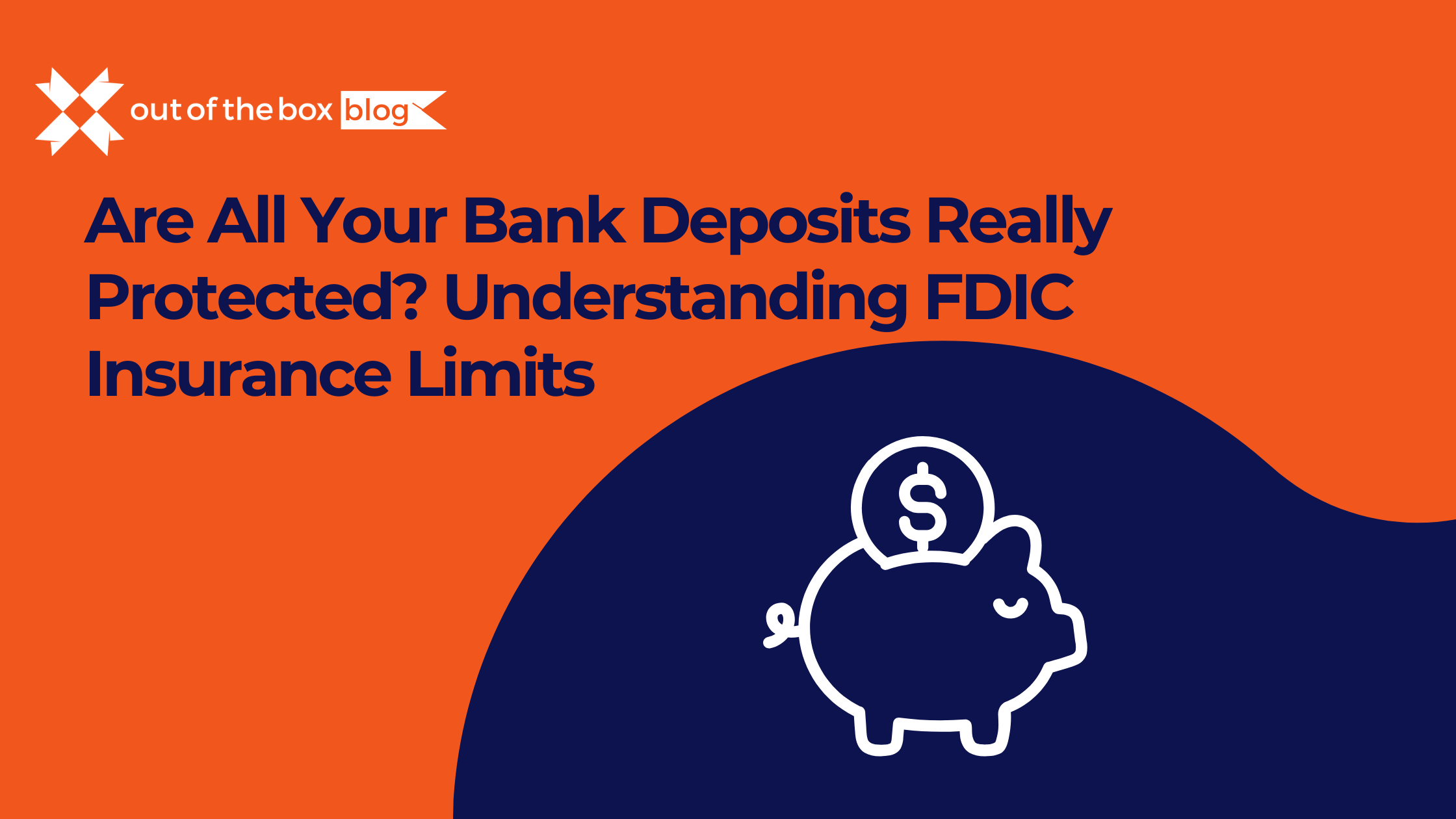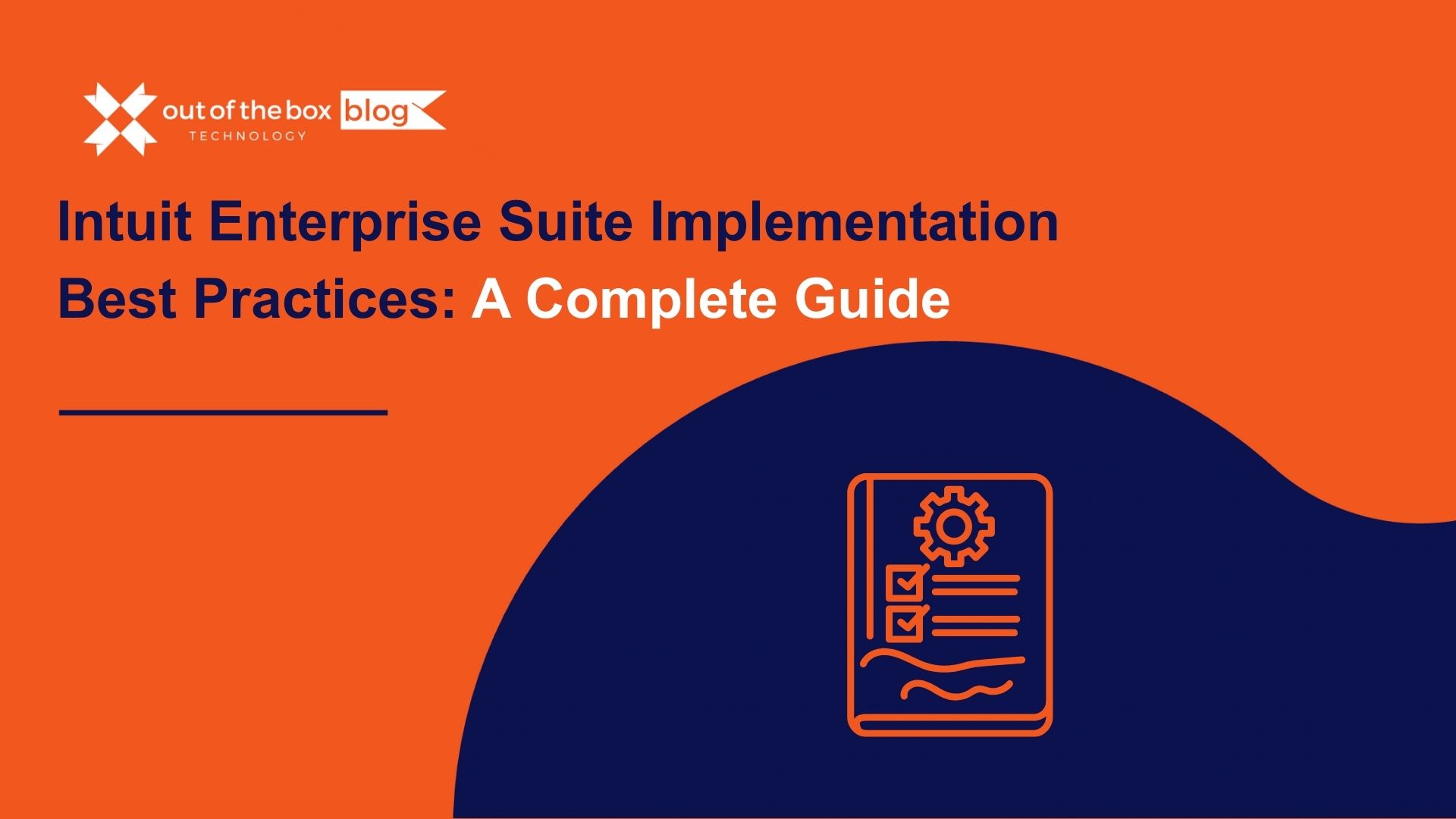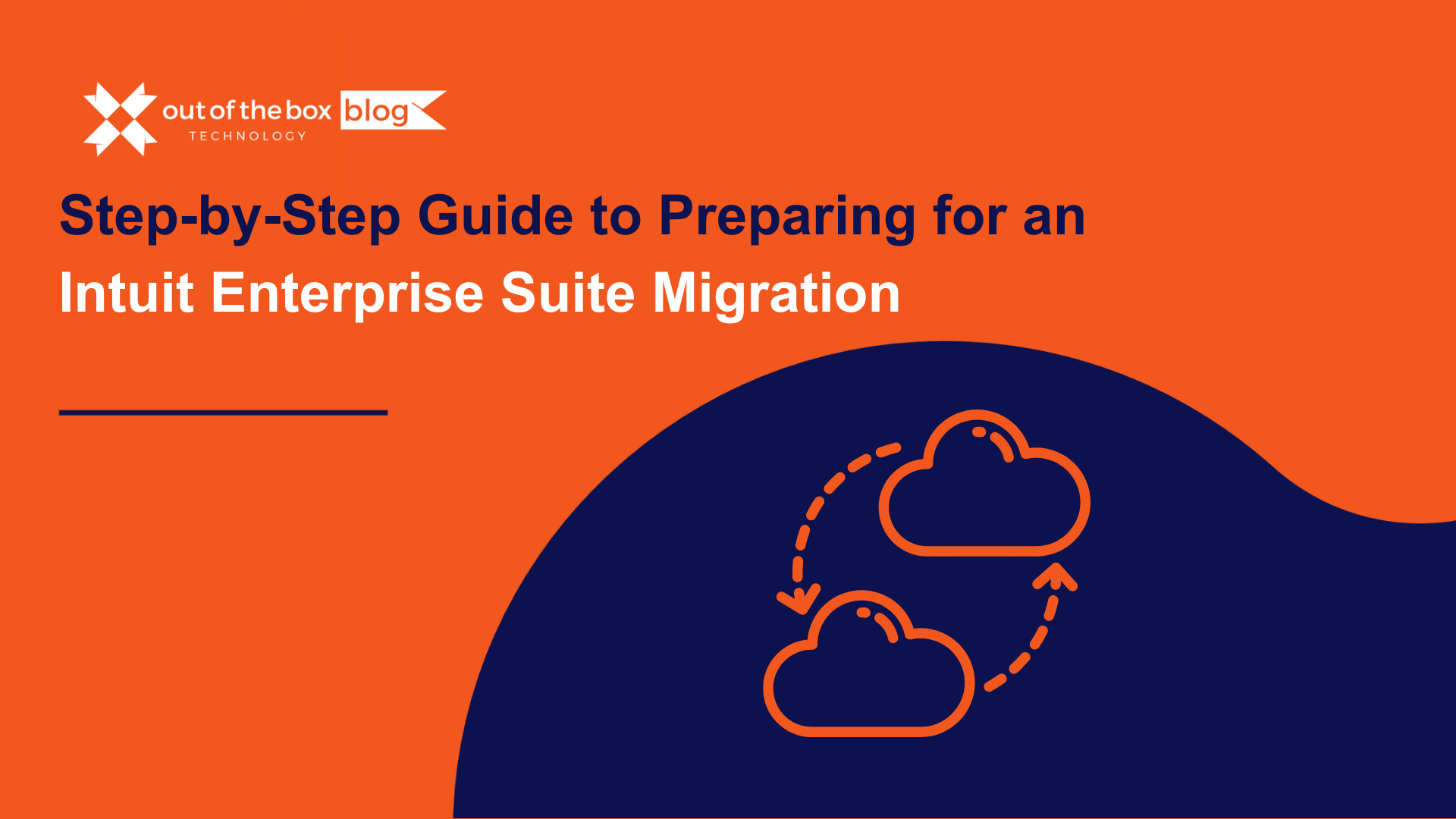Are All Your Bank Deposits Really Protected? Understanding FDIC Insurance Limits
by Allyson Moore
Everyone recognizes that small, comforting FDIC sign displayed at their local bank — it’s the government’s promise that your money is safe. But what many don’t realize is that FDIC insurance comes with limits. And for individuals or businesses holding higher cash balances, those limits could mean some of your funds aren’t as protected as you might think.
FDIC insurance covers losses due to bank failure up to $250,000 per depositor, per bank, per account ownership category. In simpler terms, if you hold your checking, savings, and money market accounts all under one bank — say, Chase — and they’re all registered under the same ownership, the total combined protection caps at $250,000. Anything above that amount could be at risk if your bank were to fail.
For business owners or individuals managing larger cash reserves, this is an important detail to understand. If your funds regularly exceed that threshold, it might be time to consider diversifying where or how you keep your money.
Making Your Money Work Smarter
If you aren’t consistently using all your available funds, don’t let them sit idle in a low-interest checking account. Consider placing some of that cash into vehicles that can generate additional return while still maintaining accessibility and security. Money market accounts or certificates of deposit (CDs) are good starting points. While they may not deliver high yields, they typically offer better interest rates than standard checking accounts — and can help you make incremental gains on idle cash.
For some, it might make sense to distribute funds across multiple banks to stay within FDIC limits while still earning modest returns. For others, it’s about creating a strategy that balances liquidity with growth — ensuring your money is not only protected, but also productive.
Stay Informed and Protected
Understanding how deposit insurance works — and how to structure your accounts accordingly — is an important part of sound financial management. The following resources offer helpful insights and guidance:
If you’d like help reviewing your financials, structuring your accounts effectively, or managing your cash flow within QuickBooks, reach out to Ellen.Schroeter@outoftheboxtechnology.com. Our team can help ensure your accounting setup not only supports your business operations — but also protects your hard-earned money.




